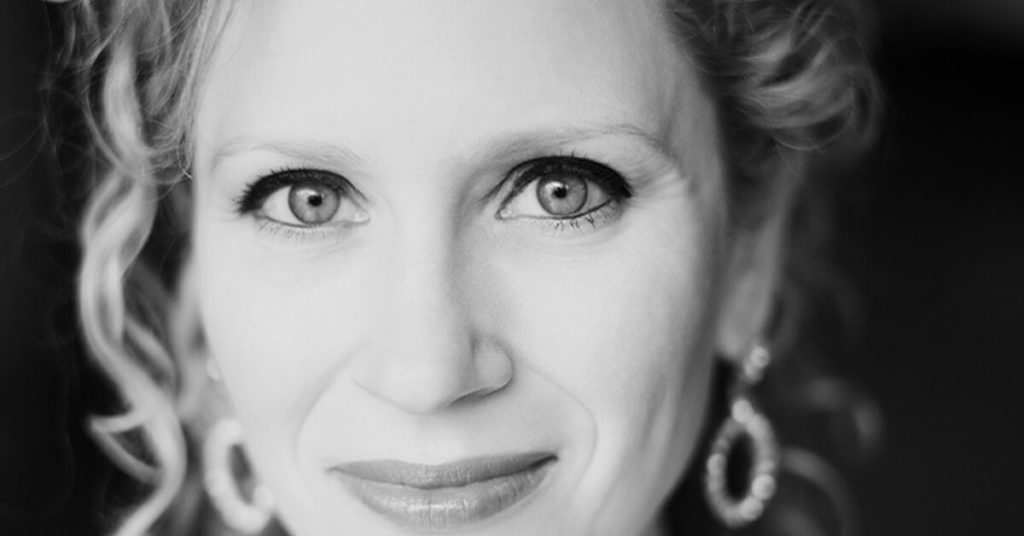
WHEN Bach’s St John Passion is given during Lent, one expects an evening of concentration on Christianity’s central event, enhanced by the composer’s incomparable music.
Gratitude that English Touring Opera had scheduled this music at all during its spring tour – the first Bach passion here since the pandemic – quickly dissolved in the reality of what was involved in this ‘semi-staging’, directed by James Conway.
The theatre’s stage had been cleared to the back wall, which allowed York Theatre Royal Choir, augmented by the Chapter House Youth Choir, to fill the bleachers at the back, with 15 members of the Old Street Band spread across the stage in front of them, leaving soloists and conductor nearest the audience.
It did not matter that this was a hybrid performance, with choruses and arias sung in German and the chorales sung in English, in new translations specially commissioned from such as the former Archbishop of York, Dr John Sentamu, the former Archbishop of Canterbury, Dr Rowan Williams, and the former Dean of Exeter, Dr Jonathan Draper. Some of their paraphrases were colourful.
What disfigured this performance were the antics of the conductor, Jonathan Peter Kenny. His flamboyant, grandiose gestures might be generously described as bordering on the balletic but were rarely less than manic. He was clearly determined that the evening was about him and him only.
Unwilling to be patronised by such histrionics, choir and orchestra paid him scant attention. The audience did not have that choice and the evening was best experienced with eyes closed. Even then, Kenny’s adrenaline regularly ran out of control so that tempos were mostly on the dangerous side of rapid.
When the ‘Kreuzige’ (Crucify) chorus, for example, is delivered prestissimo, it loses most of its impact, the singers given no time to crunch the ‘Kr’ or hiss the ‘z’ in the word ‘Kreuzige’ as Bach intended. Under this assault, the choirs survived remarkably well, with the Chapter House Youth providing an occasional semi-chorus in chorales. Any raggedness was inflicted from outside.
The Evangelist duties were mainly shared between Richard Dowling and Thomas Elwin, both highly competent, although cantering through their narratives with little regard to nuance. Peter’s weeping, for example, was cursory rather than deeply felt.
Occasionally the soprano Luci Briginshaw took on some of the recitative but whenever Jesus was in focus – at his death, for example – his character was entrusted to countertenor Tim Morgan. It was a directorial fancy and not altogether persuasive, but pardonable. Briginshaw laudably managed to infuse some musicality into her arias despite the speedy tempos.
Christus himself was sung rather matter-of-factly by Edward Hawkins, although he was not given much space to develop gravitas and he sang one aria with aplomb. By far the best German, and hence also the best characterisation, came from Bradley Travis, who gave a suitably weak-kneed Peter as well as a forthright Pilate.
There was a good deal of wandering around from the soloists, all of whom were dressed in everyday rig, accompanied by a fair amount of hugging and even hand-holding. None of it amounted to much dramatically.
The orchestra kept its cool remarkably, and duets from flutes and oboes were eloquent, with some lovely theorbo during the evening serenade in the garden and a cellist who doubled adeptly on gamba.
The musical benefits seemed to have been achieved despite, rather than because of, the conductor. If he is to be used again by this company, he must be firmly tethered in the pit where he is largely out of sight of the paying public. What he did at this performance was outrageous and totally out of keeping with the seriousness of the setting.
Review by Martin Dreyer

